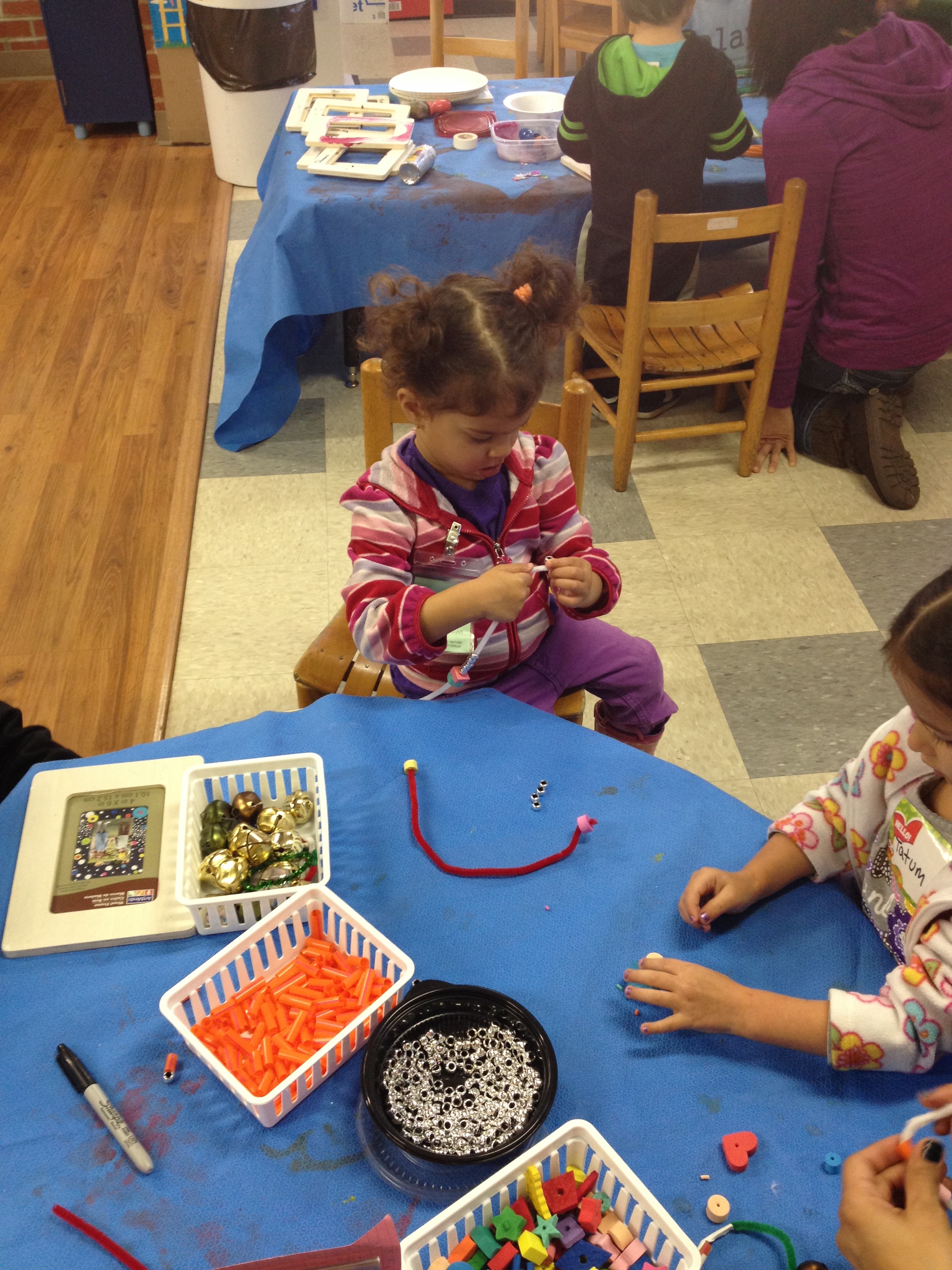The Parent-Toddler interaction class provides both the parent and toddler opportunities to develop together.
This development is enhanced by the guidance of a Master Teacher. Through hands-on play, development is encouraged in all areas of learning. The environment enhances the connection between the parent and the child and strengthens their relationship. The environment also supplies parents with connections to other parents to help support a strong sense of community.
A parent or caregiver is required to attend the class with his/her toddler. While your child is not required to be potty trained, diapering may not be conducted on campus. Please see the Family Handbook and/or the office if you have any questions.
The Parent-Toddler class aligns with the Arizona Toddler Early Learning Standards.
Parent-Toddler classes are one day a week.
Language and Speaking Skills
Label items with words
Listen to stories
Develop fantasy play with language
Retell a short personal story
Reading Skills
Develop interest in exploring books
Handling of books
Writing Skills
Hold crayon, pencil or marker with fist grasp or adult grasp
Scribble
Social and Emotional Skills
Become comfortable in large setting
Develop knowledge of others in his or her surroundings
Exhibit self-control
Follow simple rules and direction by adults
Develop trust of other adults
Number Insight
Classify, label and sort objects
Match similar objects
Play with pattern and sequence of order
Rote counting
Measurement
Compare quantities (more or less)
Compare area (big or small)
Art
Use colors that are real and imaginary in artwork
Explore and create individual projects with all types of art mediums
Experiment with creating different textures in playdough and clay
Learn from the process, not the “product”
Science
Attitudes and Habits
Display a curiosity about the world
Understand that questioning is part of the scientific process
Discover ways scientists make observations and solve problems
Development of Concepts
Identify some body parts
Explore and identify senses
Health
Give examples of healthy snacks
Name ways to avoid germs
Identify reasons for talking to an adult before using any unknown substance
Physical Growth
Play simple, non-competitive games
Demonstrate understanding of simple concepts ( up, down, high, low)
Display a sense of risk-taking
Balance body while doing simple stunts
Social Studies
Compare how clothing differs because of the changes in weather
Recognize that accepting responsibility and having rules is important
Describe the different ways families celebrate special events or holidays
Demonstrate appropriate ways to communicate wants or needs
Music
Use different movements (clap, stomp, pat, jump)
Sing, using voices that are fast or slow, loud or soft
Change voice to match different pitches




